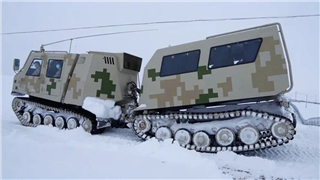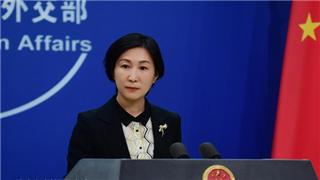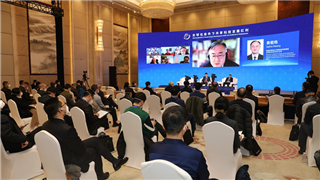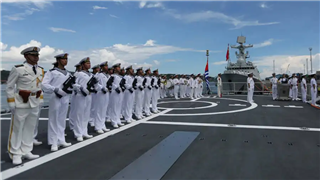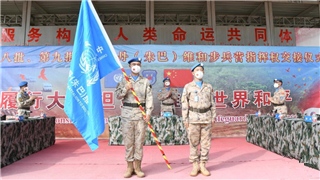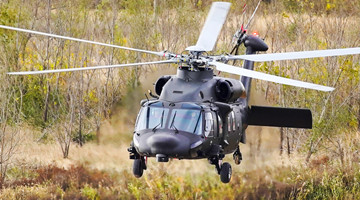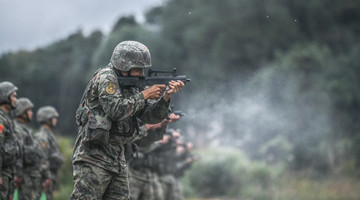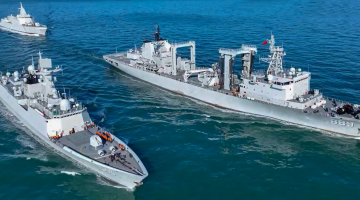By JIANG CHENGLONG

Ke Changshui retired last month after serving in Red Company One for 16 years.
During a service career that will affect his whole life, one of the 35-year-old's most memorable experiences was his peacekeeping trip to South Sudan in Africa, where he fully lived up to his responsibilities as a Chinese soldier to uphold world peace.
His unit was tasked with selecting a group of soldiers to take part in an infantry battalion that would be deployed in United Nations peacekeeping missions in South Sudan in 2015.
It was the first Chinese unit of its kind to conduct peacekeeping operations overseas.
Everybody was clear about the dangers of their role in one of the world's most underdeveloped countries, where domestic armed conflicts still existed. However, almost every qualified soldier registered for selection, including Ke, whose daughter was age 3 at the time.
"Basically, we all wrote applications as soon as we were informed of the selection process," he said.
"We were all willing to fulfill the peacekeeping task. We were not afraid of any sacrifice, and would absolutely never damage the image of China's soldiers."
Eventually, Ke and 52 comrades — more than half the company's troops — went on the African mission. Their main tasks were to patrol and maintain the safety of refugee camps in Juba, the capital city, and transport materials and goods supplied by the UN.
During their deployment, the soldiers had to endure continuously high temperatures in the tropical country and avoid malaria outbreaks by taking regular medication and boosting their personal immunity.
"For most of the year, temperatures in South Sudan were hot, with the highest reaching 50 C and the lowest more than 20 C. The temperature in our armored vehicle could reach 60 C," Ke said.
He noted that the soldiers were always aware that there were possible threats to their lives.
"One time, after our material transportation team had just arrived at a base, we were accidentally surrounded by government military and anti-government forces, both of whom were attacking each other," he said.
"The rockets were flying over our heads, and they didn't cease fire at all regardless of our signals."
At the time, Ke and his comrades were careful to keep a close eye on the situation in case any militants rushed into the base.
While they were lucky enough to escape unscathed, two of their successors in 2016, Yang Shupeng and Li Lei, were killed in a rocket attack while patrolling a camp in Juba during a fierce battle in which the Chinese peacekeepers helped ensure the safety of more than 9,000 civilians.
Those experiences taught Ke two lessons. "First, I am living in a peaceful country, but not a peaceful world, and second, maintaining world peace needs the support of our military," he said.
The father of two saw many homeless children in the refugee camp. The sight prompted Ke and the other Chinese peacekeepers to try their best to safeguard peace in the unstable area and improve the children's lives.
"Thus, in addition to guaranteeing their safety, we offered various classes for them in the refugee camps, including basic living skills, health knowledge, life skills and basketball," he said.
Moreover, the Chinese soldiers often took water from nearby rivers and purified it before allowing local residents to drink it. A lack of purification facilities meant the local people usually had to drink unfiltered river water.
Day by day, the Chinese soldiers won the hearts of the civilians.
"Every country has a duty to uphold world peace, but our Chinese military has a much bigger responsibility in terms of peacekeeping as we are a major world power," Ke said.
"We Chinese peacekeepers will always fulfill the tasks given to us by the UN commanders, no matter how risky or difficult they may be to complete."
